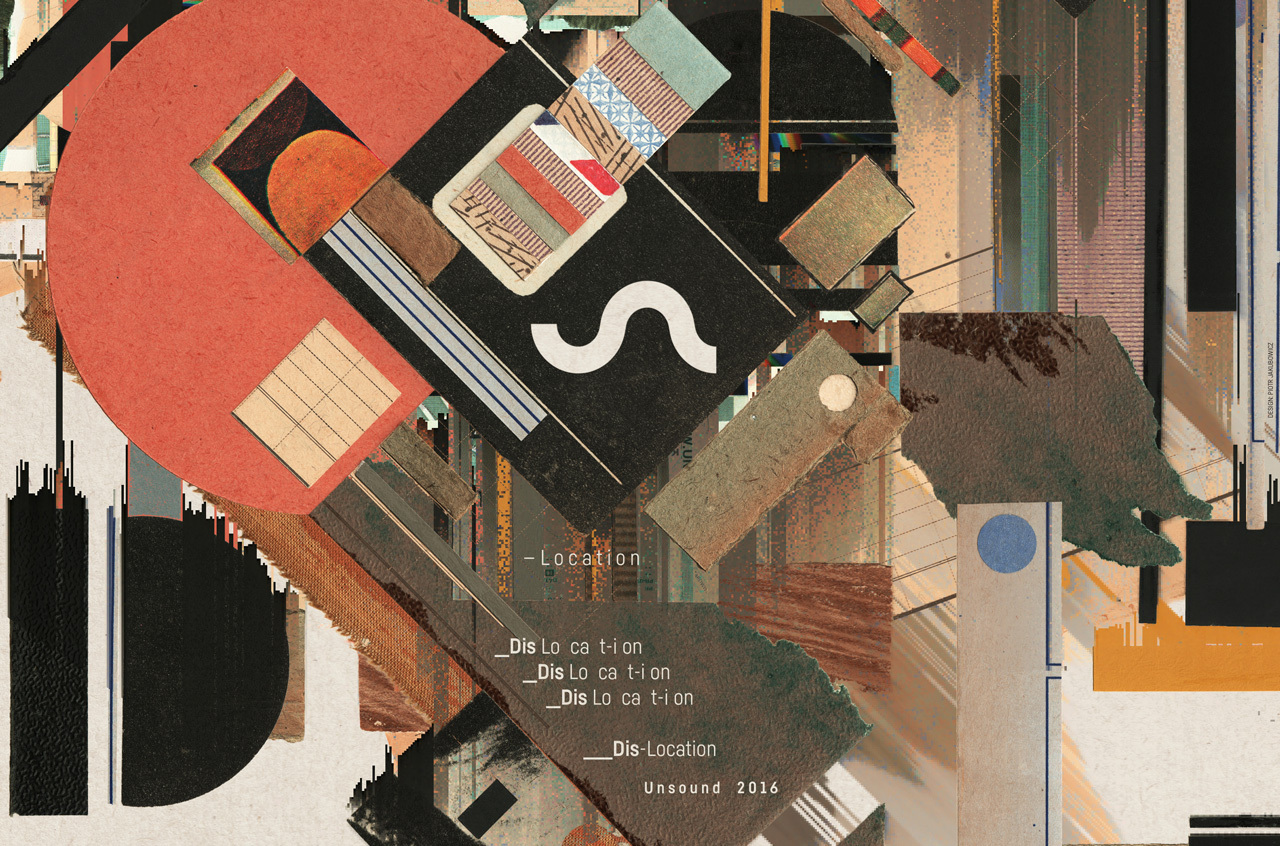Written by:
Andra Chitimus
Share article:
A unique balance
What makes the festival so special is its unique way of finding a balance between the entertaining and the adventurous, the academia and the dance-floor, the old and the new, the experimental and the club, house and techno. The list of dichotomies can go on. Bluntly, Unsound manages to provide something for everyone, in the best way possible. Outside a Saturday show at the ICE congress center, we were joking with a couple of girls from the team that the only critique we have for Unsound is that the schedule doesn’t accommodate time for lunch of dinner, as one would like to see everything. They said that was the exact point - people who come to Unsound are curious music explorers, always hungry for more, who also know how to get down on karaoke night.
It is a glimpse into a potential future of inclusiveness, curiosity and music as a breeding ground for ideas and exchange. Did I mention it also takes place in a superb, medium-sized, shockingly affordable (even by Romanian standards) city?
What also contributes to the general exhausted-ecstatic vibe of the punters, besides the comforting nature of Polish cuisine, is the universal quality of the sound; I know, complaining about the sound is the go-to noob move, but basic psycho-acoustics say that when the sound quality is bad, no matter how good/comforting the music is, it will put us in a bad mood. For this, Unsound engineers deserve a star-studded gold medal, as everything and I mean everything from Manggha, the Japanese art museum, to the old tobacco factory or communist ballrooms of Hotel Forum, sounded great. It was mind-bogging to the point that acts I had seen in other contexts recently and didn’t impress me much went through a complete metamorphosis through the Unsound sonic lens.
Given all these elements, it is quite hard to pull yourself out of the festival stupor and try to have a level-headed opinion. It is one of the most intoxicating addictive yet intellectual festival experiences.
*photo 1 credits: Anna Spysz/Unsound festival



